
Researchers explore potential of sunscreens with cancer-preventive properties.

Researchers explore potential of sunscreens with cancer-preventive properties.
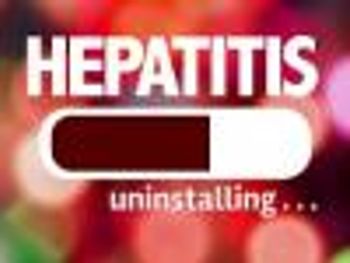
Drug cost mitigated by savings in health care costs on management of conditions that may result from chronic hepatitis C virus.

Combination of grazoprevir and elbasvir has been studied in patients with genotype 1 hepatitis C who also have end-stage renal disease and are undergoing regular hemodialysis.

Protein may potentially offer a future therapeutic target.

Treatment improves overall survival.

By lowering LDL-C levels, alirocumab may reduce cardiovascular risk.

Shorter duration could reduce the economic impact on health care spending and make treatment more convenient.

Low dose methotrexate more likely to cause infectious adverse events than higher doses of the same drug.
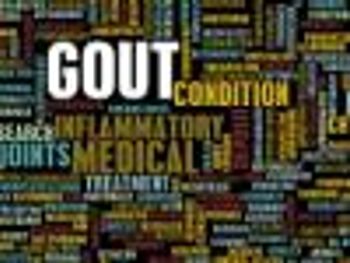
Research ongoing to target treatment-resistant gout.
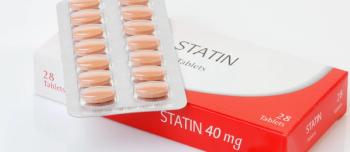
The 2013 American College of Cardiology/American Heart Association guidelines for determining statin eligibility more accurately identify increased risk of cardiovascular events.
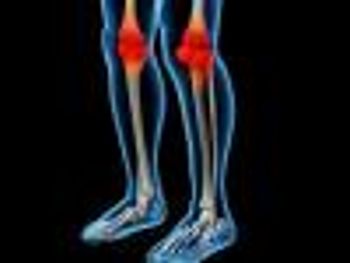
Research finds a potential route for targeted therapies to inhibit development and progression.
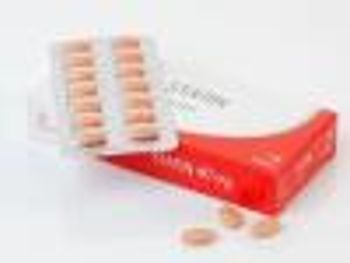
Lower inflammation scores found in patients with RA receiving statins.

Preliminary evidence suggests that the first-generation antihistamines chlorcyclizine and hydroxyzine may fight HCV infection for pennies a day.
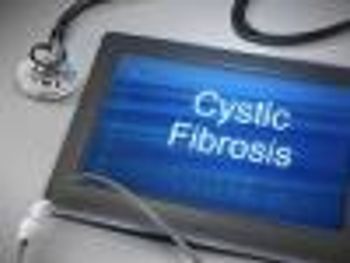
Review the clinical data behind the FDA's approval of the combination drug Orkambi (lumacaftor/ivacaftor) for select patients with cystic fibrosis.

A practice-changing study suggests bridging anticoagulation does more harm than good in atrial fibrillation (AF) patients treated with warfarin.

Enhanced workflow models for pharmacies include expanded technician responsibilities.
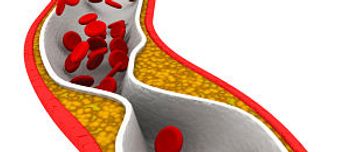
FDA officials have recommended approval for Amgen's proposed cholesterol-lowering medication, evolocumab (Repatha).

Pharmacy technicians with special certifications are taking on expanded roles in medication delivery.

Proposed regulations call for the use of closed-system transfer devices by health care professionals who handle hazardous drugs.
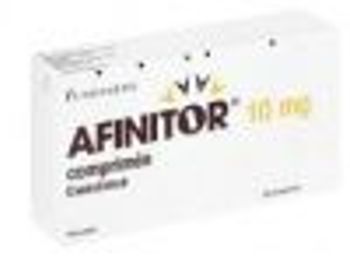
Afinitor (everolimus) is approved for the treatment of hormone receptor-positive, human epidermal growth factor receptor 2-negative breast cancer.

The US Preventive Services Task Force recently updated its clinical guidelines on screening for thyroid dysfunction.

The FDA has approved the first treatment for female sexual dysfunction.

Fixed-dose combination (FDC) products may be grossly underavailable for cardiovascular conditions.

Monitors alert health workers when a vaccine has potentially been compromised by cold chain failures.

The advantages offered by insulin pens may help improve patient adherence.

Here are the key points and rationale behind the lower blood pressure target.

The JNC 8 guidelines are based on 27 large clinical trials that are often discussed in isolation, but have never been aggregated into a single source until now.

A new cardiovascular risk estimator can accurately predict heart disease and stroke risk for anyone in the world aged 40 years or older.

Pharmacists need to be aware of the ways in which draft regulations developed by the United States Pharmacopeia are likely to affect the handling of potentially hazardous drugs.
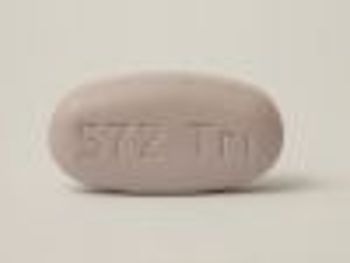
The FDA approved Triumeq (abacavir, dolutegravir, and lamivudine) tablets for the treatment of HIV-1 infection in patients without the HLA-B*5701 allele.